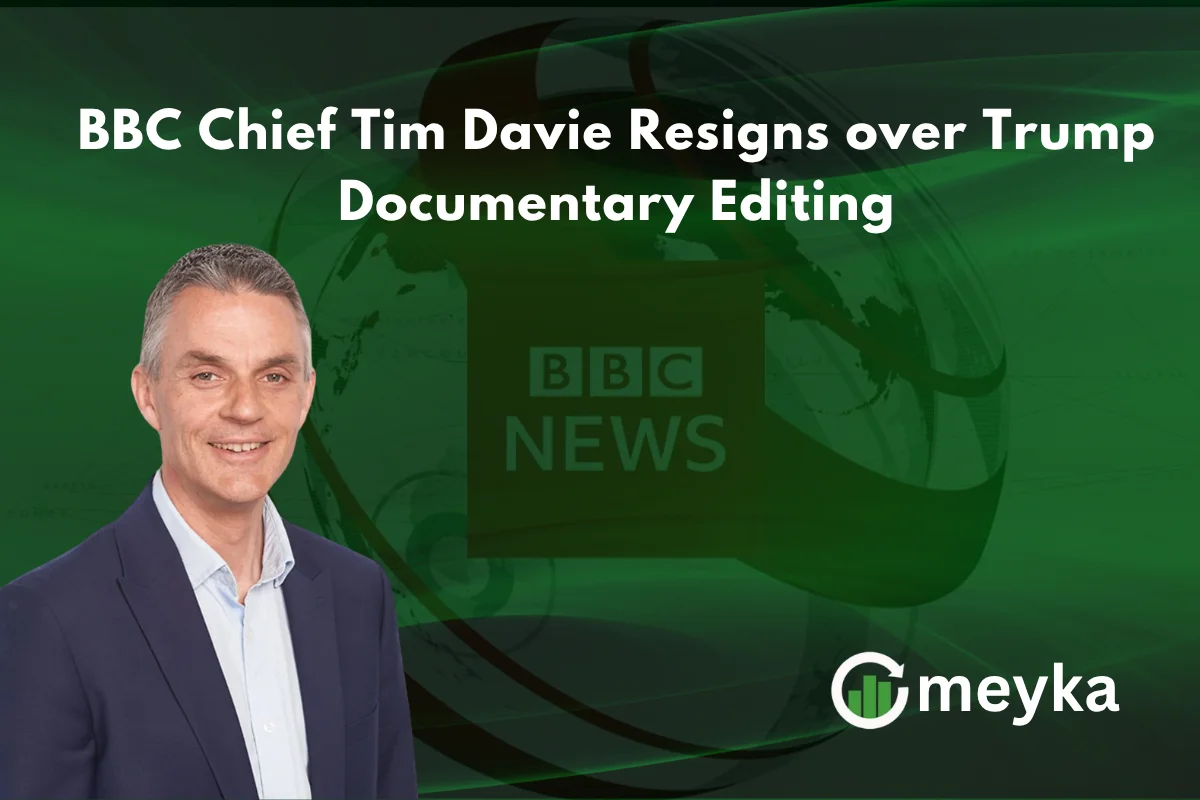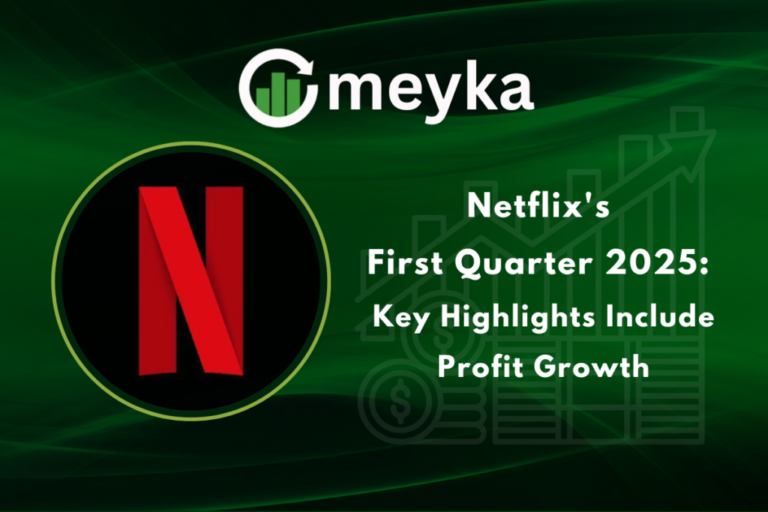BBC Chief Resigns Amid Shock Over Trump Documentary Editing
The BBC has been rocked by one of its biggest crises in years. Its director‑general, Tim Davie, announced his resignation following revelations about biased editing in a documentary version of a speech made by Donald Trump. The controversy has heightened concerns about impartiality at the BBC, shaken trust in one of the world’s biggest broadcasters, and spurred a broader debate about media standards and transparency.
Continue Reading on Meyka
This article is available in full on our main platform. Get access to complete analysis, stock insights, and more.
Read Full Article →





